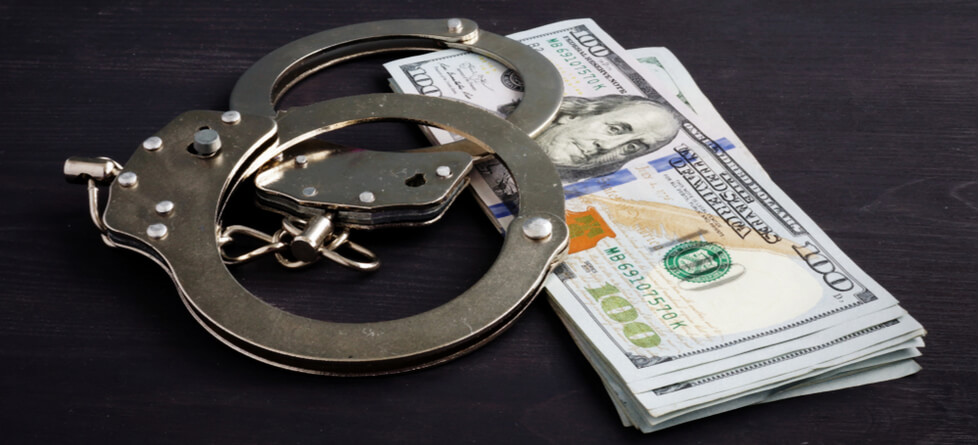A bond is a legal agreement between the defendant, the court, and a third-party guarantor, such as a bail bondsman. The bond guarantees that the defendant will appear on their scheduled court date. If the defendant fails to appear, the bond may be forfeited, and the guarantor may be required to pay the full bail amount to the court.
When a person is arrested and charged with a crime, they may be required to pay bail to be released while awaiting trial. Bail is a financial guarantee that the accused will appear in court for their test.
If the accused cannot afford to pay the total bail amount, they may choose to work with a bail bond agent. The bail bondsman will pay the bail on behalf of the accused in exchange for a non-refundable fee (typically around 10% of the total bail amount).
The accused must provide collateral to the bail bond agent, such as property or assets, to guarantee they will appear in court as required. If the accused fails to appear in court, the bail bond agent may take possession of the collateral.
Once the accused appears in court and the case is resolved, the bail bondsman will receive their money back (minus the non-refundable fee), and the collateral will be returned to the accused.
Bail bonds can provide an essential option for people who cannot afford to pay the total amount of their bail, allowing them to be released from jail while they await trial. However, working with a bail bond agent can be expensive, and failure to appear in court can have serious consequences.





